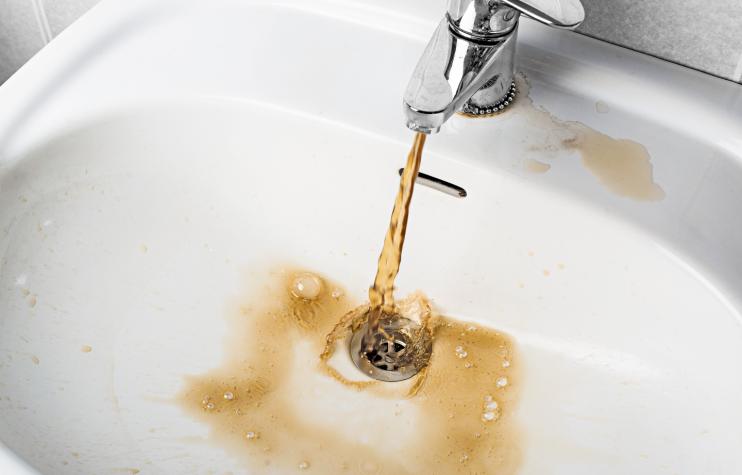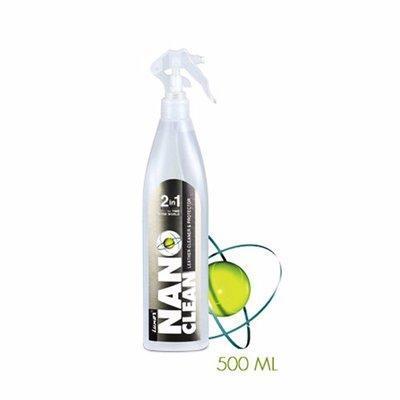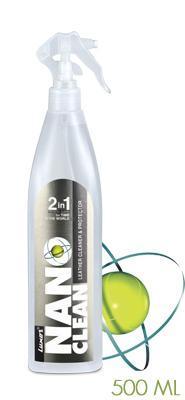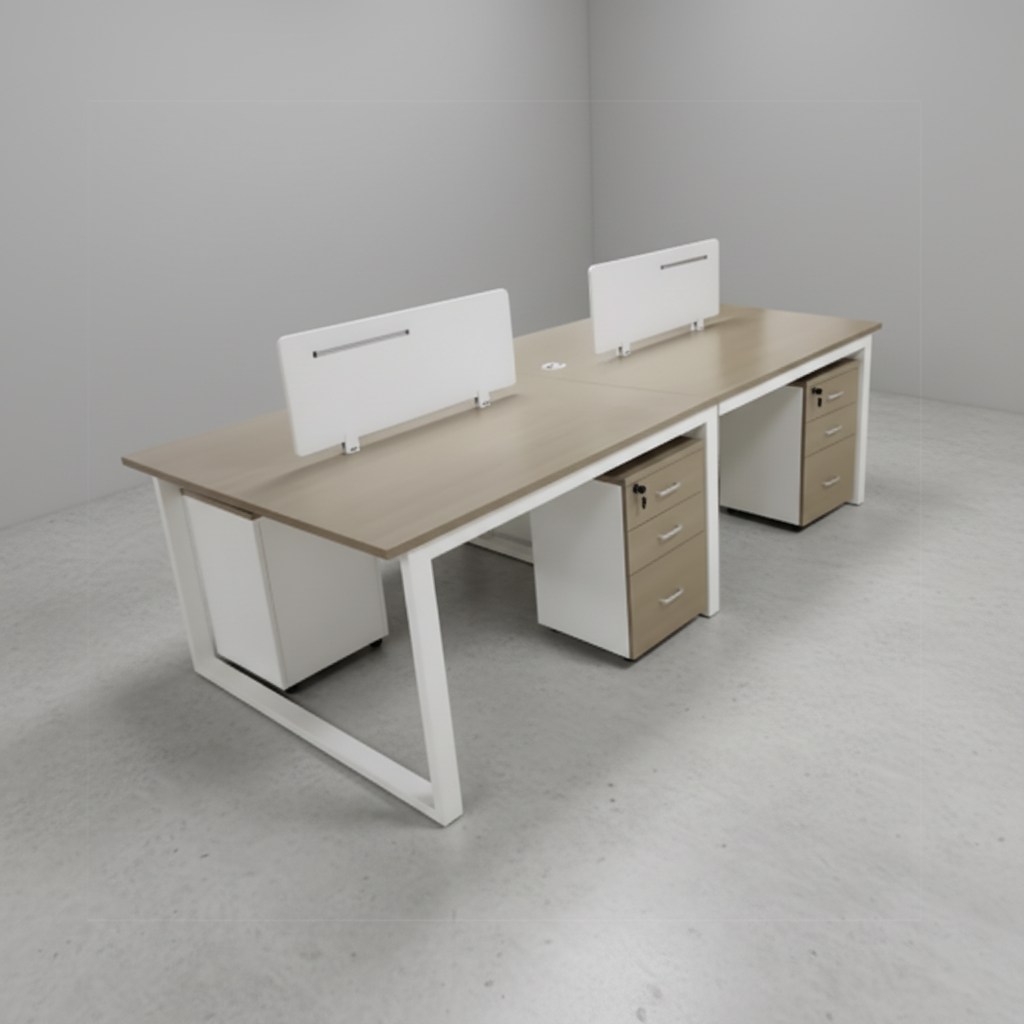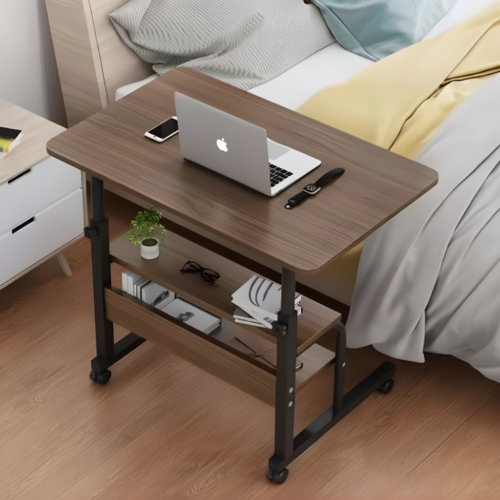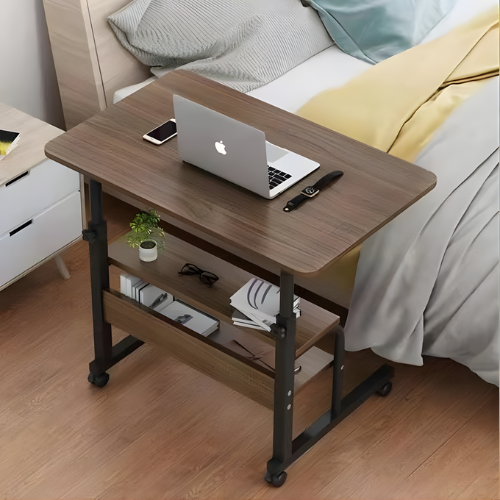This article is part of the HOGDigest editorial series. → Explore HOGDigest
If you have ever turned on your bathroom or kitchen faucet only to notice that what was once clear water is now a sickly brown colour, then you may have rust. When iron comes into contact with water and oxygen, rust is formed.
Rust usually comes from your plumbing, either from an internal or external source. Common examples include water sediment, construction damage, rusty pipes, and/or a serious break in your water main.
The first thing you need to do is find the source of your rusty water. Once you have found the source, you can make the necessary repairs. Rusty water is not only disgusting, but can also be quite harmful to your health.
Here, we will provide you with tips that will help you quickly identify the source of your rusty water.
Effects of Rust in Water
Corrosion is a very common problem that affects water supplies in many urban and rural centres. Chemical processes will slowly but surely dissolve metal. When this happens, equipment that use water will start to degrade. Fixtures and plumbing pipes will also begin to corrode and eventually fail if not treated.
Lead and copper can be very harmful to your health; they can reach your tap water supply and make you very ill if you consume them. High blood pressure and kidney and liver issues are very common due to prolonged exposure to lead and copper. Children can also develop mental and physical developmental issues if exposed to lead and copper.
If you notice that your water is discolored or smells or tastes strange, then you may have rust in your pipes. Stains on your plumbing fixtures are also a telltale sign that you are currently dealing with rust. Stains will often appear greenish-blue, and you can usually find them at the joints of your copper piping and/or in your bathroom and kitchen sinks.
Water leaks in or on your ceiling, floor, and walls may be caused by holes in your metal pipes. Sometimes, the rust-based holes can start pin-sized, but will quickly grow if left untreated.
Where is it coming from?
Your rusty water problem may be originating from your local public supply, or it may be coming from within your property’s plumbing system. In order to determine the source, you will need to go to the fixture where you initially noticed the problem.
Next, take a clean, empty glass and fill it to the brim with cold water. You will then need to inspect your water sample for discolouration and metallic odours. Once you have checked the sample, you will need to test a second sample.
However, this time around, you should let the cold water flow for 10 seconds before you fill up the glass again. You will then need to collect a third sample; only this time, you should let your hot water flow for 10 seconds instead.
If you notice rust from your hot water sample only, then your rust source is likely your home. Or, if the water sample appears clean after you run the water for several seconds, then the rust source is also more than likely to be your property.
However, if the water continues to appear rusty even after running one or both taps, then the issue is probably your local water authority. Please call the appropriate authorities to report the issue as soon as possible because rusty water can be very dangerous.
If rusty water only comes out of your cold tap, then the culprit is likely corroded pipes in your home’s plumbing system. If the rusty water only appears out of your hot tap, however, then the issue is probably a rusted water heater.
In sum, rusty water may be caused by a break in the local water main, corroded pipes, construction-based damage in the area, and/or sediment in your water supply.
How to Fix the Problem
If the cause of your rusty water is too much iron in your water supply or well water, then you will need to take the filtration route to solve the problem. You can use a filter that will remove contaminants and iron that may also cause stains.
Some people may use a water-softening device in order to get rid of manganese and iron. However, such devices will often quickly become overwhelmed with excess contaminantes, and will need to be treated with a special additive in due time.
We would suggest that you install a highly specialized filter instead. The special filter should be able to remove the manganese and iron sediments before they reach your softener. Or, you can simply use a filter that removes iron instead of using a conventional filter.
If you absolutely do not want to use a water softener, then there are other options. For example, you can install filters that are designed for your main supply line. By installing such filters, your entire property will enjoy thorough filtration.
You can also install filters onto supply lines if you would prefer to target individual filters instead. The extent of work that needs to be done will depend on the severity of the issue. An experienced plumber will be able to quickly identify the source of your rusty water. They will then deliver the best solution so that you can go back to enjoying clean and odourless water for your drinking, cooking, and cleaning needs. If your rusty water issue is stemming from an external source, then you should call your local water company as soon as possible.
Eliminate the Problem
Rusty water may be caused by internal sources, external sources, or both in rare cases. If you turn on your water and notice that it appears discoloured, then corroded pipes may be causing the problem.
Any strange and unusual odours may also be caused by rust in your pipes. You can contact your local water company if the source is external, or call a professional plumber if the cause is internal. A professional plumber will be licensed, and they will provide you with a quote before any work takes place.
Authors Bio: Devon Graham

Devon Graham is a blogger in Toronto. He graduated with honours from the University of British Columbia with a dual degree in Business Administration and Creative Writing. Devon Graham is a community manager for small businesses across Canada. He also likes to research various topics related to pets, food, storage solutions and business solutions.



